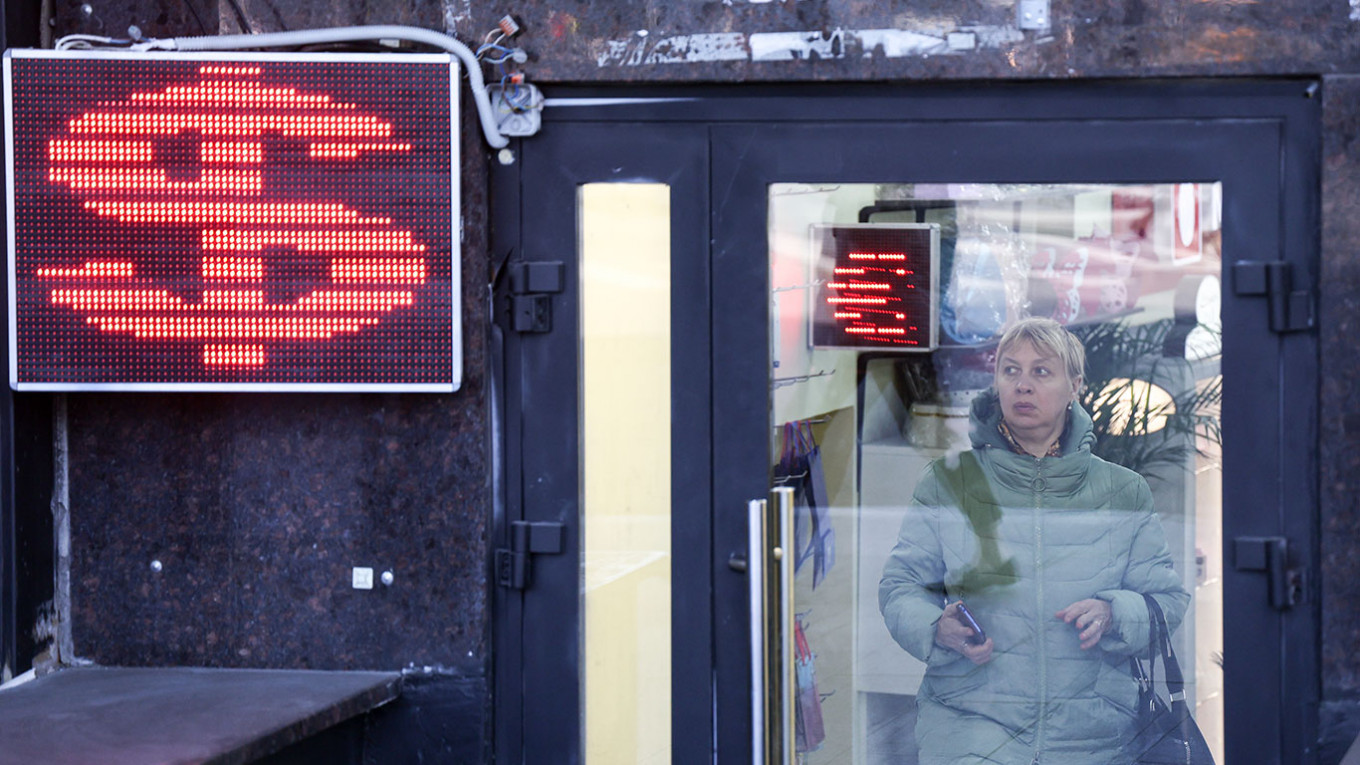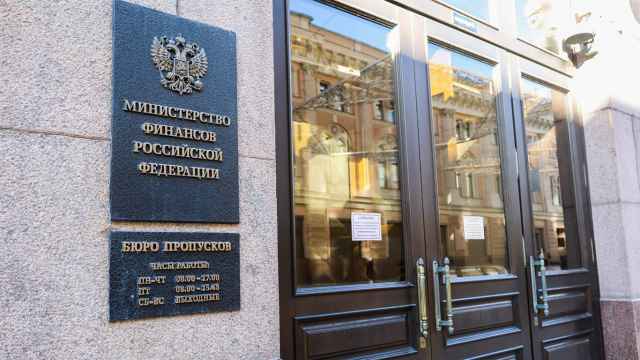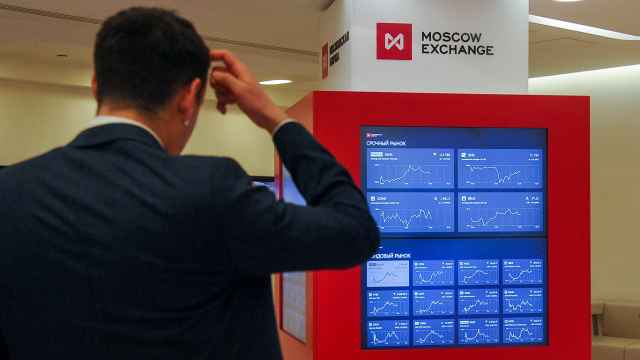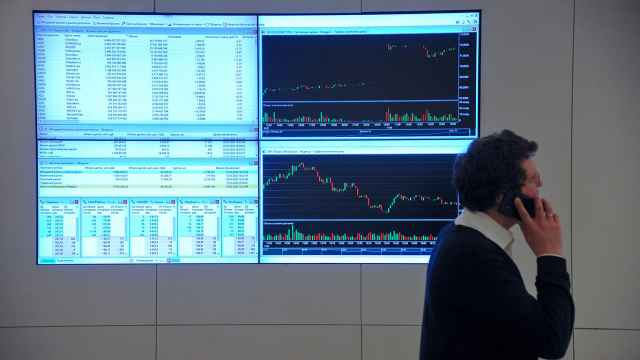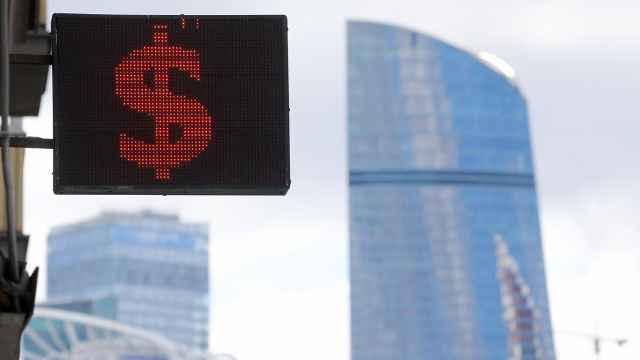The Russian ruble surged by more than 10% on Tuesday in Moscow trading, as investors saw signs of progress in peace talks between Ukrainian and Russian negotiators.
The currency was trading below 83 against the U.S. dollar Tuesday afternoon — its strongest reading in a month of ultra-volatile trading for the currency, which has been targeted by Western sanctions.
“The negotiations in Istanbul are providing support to all ruble assets today,” said Dmitry Babin, an analyst with the Moscow-based BKS Investments brokerage.
Tuesday’s gains mark an impressive recovery for the currency, which slipped below 150 against the U.S. dollar in early march after the West froze around $300 billion of Russia’s Central Bank assets.
Russia responded by forcing exporters to sell at least 80% of their hard currency earnings — a move which has provided strong support for the bruised currency as a result of record high commodities prices. Critics have called for an energy embargo on Russia to stop Moscow being able to use its multi-billion dollar exports to prop up the currency.
The U.S. has stopped purchases of Russian oil and several Western trading companies have stopped dealing with Russian oil since the invasion, but European countries remain heavily reliant on Russian gas, which accounts for around 40% of the bloc’s energy.
Before Russia invaded Ukraine, the currency was trading at around 80 against the U.S. dollar.
The Central Bank has also introduced strict capital controls, banning companies from sending foreign currency out of the country and prohibiting Russians from buying foriegn currencies in cash. On the Moscow Exchange, brokers are forced to charge a 12% commision on purchase orders for foreign currencies — a move by Russian regulators to help stave off a run on the currency.
“The ruble is strengthening as a result of a significant fall in demand for foreign currency — a consequence of the Central Bank’s restrictions,” said Maxim Petronevich, senior economist at the state-run Otkritiye Bank.
“A significant fall in imports is also playing a role … while export earnings, which have become the main source of foreign currency supply, have remained at a high level, since they are coming from export contracts signed in January and February.”
The Russian currency could yet come under pressure in the coming months, analysts say. The country still faces the possibility of a default, when it becomes unable to service government bonds using the frozen Central Bank reserves at the end of May.
The Kremlin and Europe are also in a standoff over Vladimir Putin’s demand that countries pay for Russian gas in rubles, rather than euros as the contracts currently stipulate. Moscow has ordered Gazprom, Russia’s monopoly gas exporter, to switch to ruble payments from Thursday, but European capitals have refused and accused Russia of a breach of contract.
“In the coming months, it is highly likely that support from energy and metals exports will weaken,” said Petronevich.


